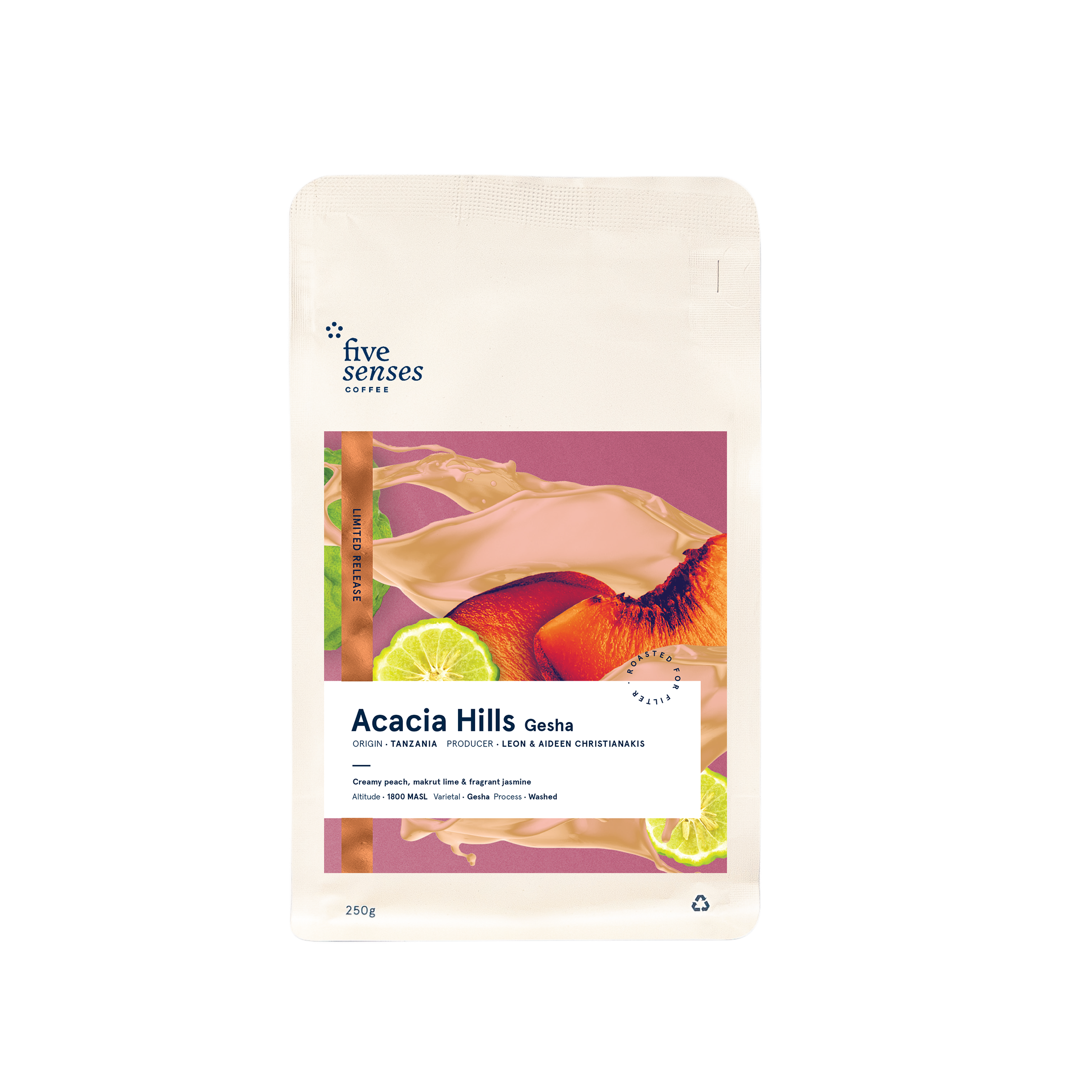Acacia Hills
Elephants, giraffes, hippos, buffalo, zebras, wildebeest, rhinos, lions, leopards, cheetahs and hyenas are all found here—to name just a few! Acacia Hills Estate has been in existence for over 50 years, but in 2012 Mark Stell from Portland Roasting Company and Leon & Aideen Christianakis (local Tanzanian coffee farmers) decided to purchase and reinvigorate the estate with a new specialty approach. The coffee estate is a partnership of growers and roasters and this relationship is a powerful combo that works to elevate coffee in the entire Ngorongoro region of Tanzania.
Delicious coffees with positive impact.

Close to the birthplace of Gesha, our fruitful relationship with Acacia Hills continues to bear delicious fruit. The dramatic landscape on the slopes of the Ngorongoro Crater and the surrounding microclimate has resulted in a unique expression of the Gesha varietal. Tanzania is renowned for its vast wilderness, famous landscapes and stunning coffees boasting elegant acidity. Coupling the natural terroir Tanzania offers with a mature Gesha varietal yields a unique and unmistakable flavour profile of pure elegance. Rigorous hard work, diligence and the leadership of Leon & Aideen Christianakis have resulted in this beautiful multi-dimensional coffee. Expect a light fruity exchange you’ve come to expect from other Acacia Hills varieties and experience the perfect medley of creamy peach, makrut lime and fragrant jasmine.

Grown in some of Africa’s most famous landscapes, this coffee does the farm’s rich 50-year history justice. These peaberries are carefully sorted on the slopes of a collapsed ancient volcano in the wilderness of Northern Tanzania. A naturally occurring mutation in around 4% of coffee cherries, results in a single ‘peaberry’ forming inside the cherry. Named after their distinct shape, peaberries are generally much smaller in size and more dense which can result in a brighter, more pronounced acidity. While we’re big fans of the coffees grown at Acacia Hills, we’re even bigger fans of the work Leon and Aideen have done to support producer peers in the region, alongside their social impact work with local communities.

